Voter concerns about the economy are becoming a pivotal factor in the upcoming election. Both candidates are attempting to tackle these issues to gain an advantage. Donald Trump has been actively proposing new economic measures.
These include tax reforms that would remove taxes on tips. They also change aspects of his earlier tax plan. His approach appears to resonate with voters who focus on economic stability and growth.
Deputy President Kamala Harris is focusing on making essential services more affordable. These services include housing, child care, and health care. She aims to connect with voters by acknowledging their struggles with rising grocery prices, despite a recent slowdown in inflation.
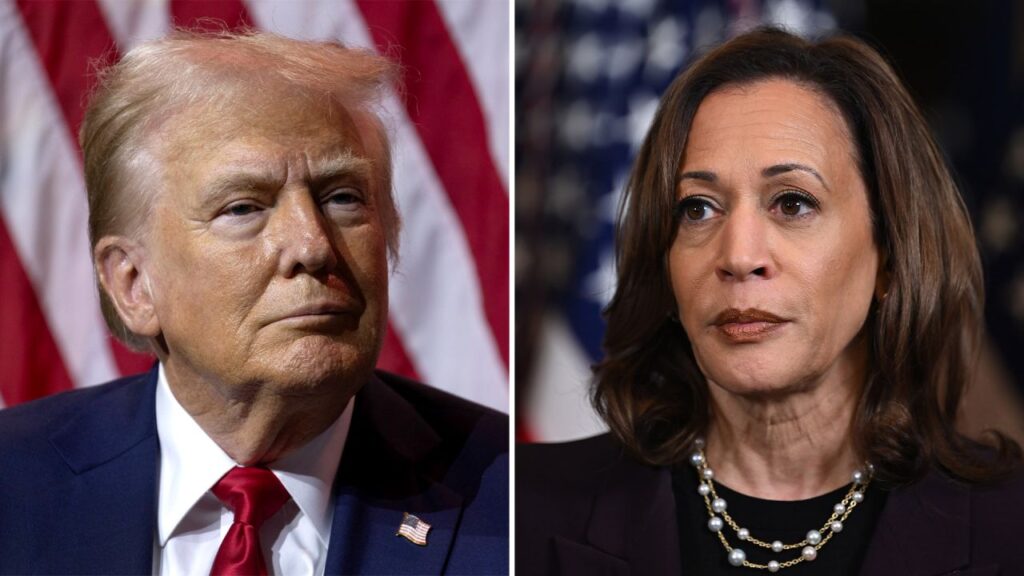
Harris plans to deliver a speech outlining her economic vision. She describes it as an “opportunity economy.” It will emphasize investment in the aspirations of the American people while tackling their immediate challenges.
The election landscape is competitive, with Harris facing skepticism from swing-state voters about her ability to improve their lives. Despite Trump’s strong support among his base, his polarizing nature hinders his appeal to a broader audience.
This dynamic creates a complex scenario. Voter frustrations favor the Republican candidate. Yet, the overall race remains tight due to varying voter sentiments.
Recent polling data indicates that Trump leads on key issues including crime, the economy, and inflation. Nevertheless, the overall head-to-head matchup remains close. South Carolina Senator Lindsey Graham highlighted that a significant part of voters feel the country is on the wrong track.
Yet, Trump’s decisive leads in specific areas do not guarantee a straightforward victory in the election. This suggests that while economic concerns are paramount. The candidates’ broader appeal and trustworthiness will ultimately play a crucial role in determining the election outcome.





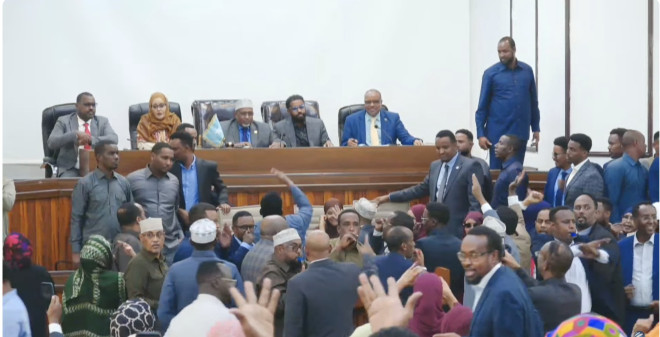



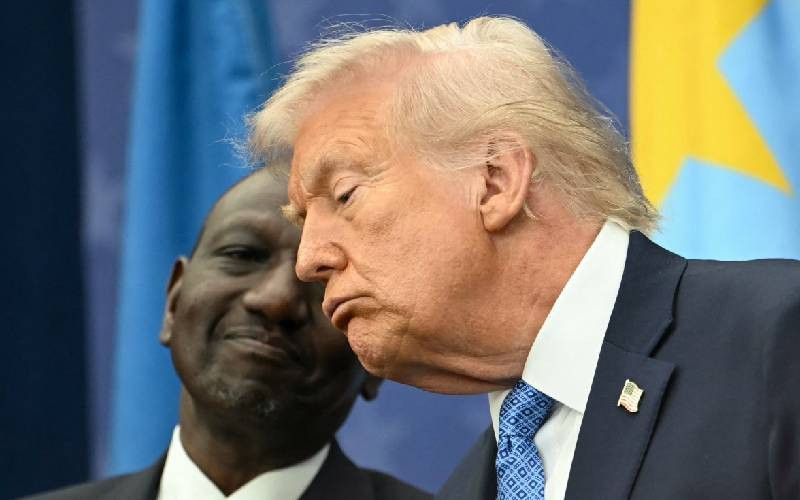
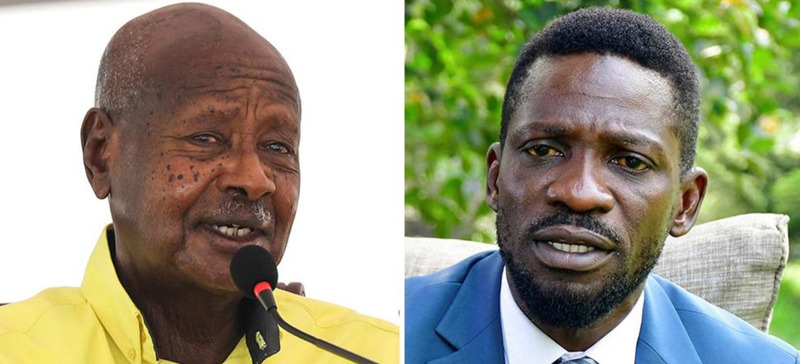
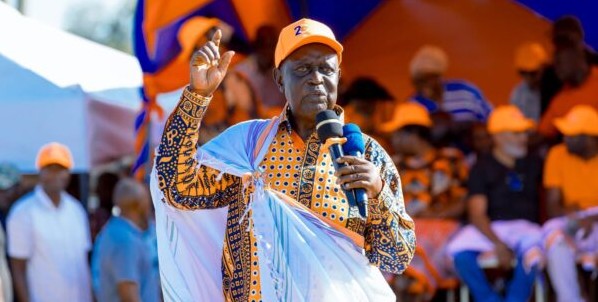



Leave a Reply